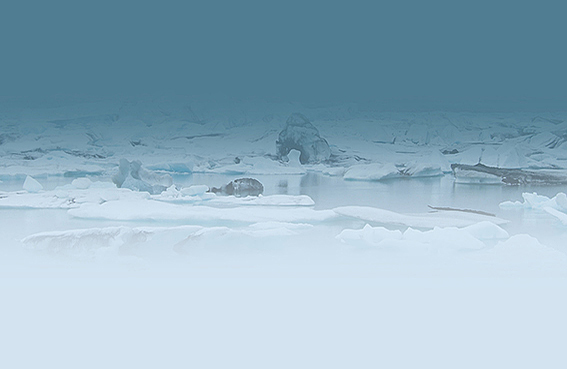The whole tourist experience starts with the symbolic construction of a destination in our imaginary.
Each journey precedes a more or less idyllic anticipation of the destination we choose.
Our tourist gaze is formed through a collection of anticipated signs where we give a meaning to a signifier, giving a semiotic way of interpreting certain symbols of reality. The dialectic between the visible and the invisible that produces daily life.
When Claude Lévi-Strauss noted the “end of travel” as a result of the “death of exoticism”, he also displaced the field of traveling illusions.
Exhausted the corners of the world, where everything is already known or already discovered, we have to add dyes of fiction to the language that inspires us.
From time past, the construction of the imaginary of the travel has alternated what is real and what is fictional. The aesthetic condition of the tourist narrative facilitates the individual to create mental images of their own that transport him to “other worlds”.
Mythical narratives, romantic literature, and pamphlets that chronicled the adventures of explorers have lost strength as tools of language that construct the imaginary. Today, our capacity for abstraction is nourished by television or film narratives as a source of inspiration.
Both the cinema and the television series fulfill the function of creating new worlds. Fictitious scenarios that compose mixed realities. The success of productions like Game of Thrones has managed to influence the imaginary of its spectators in such a way that hordes of individuals get around in search of recognizing in situ archetypes of fantasy, reality and fiction blurred.
What are you looking for seeks to reflect on this new form of construction of the tourist imaginary, based on the scenarios of this series, where the pseudo-destination is composed of fragmented images, where the task of the visitor’s imagination is to replace scenarios that no longer exist, as a disconcerting palimpsest of displaced fictions.
Toda experiencia turística se inicia con la construcción simbólica de un destino en nuestro imaginario. A cada viaje le precede una anticipación en mayor o menor grado idílica del destino que elegimos.
Nuestra mirada como turistas se forma a través de una colección de signos anticipados donde le otorgamos un significado a un significante, dándose así una forma semiótica de interpretar determinados símbolos de la realidad. La dialéctica entre lo visible y lo invisible que produce la vida cotidiana.
Cuando Claude Lévi-Strauss constató el “fin de los viajes” como consecuencia de la “muerte del exotismo”, desplazó también el terreno de las ilusiones viajeras.
Agotados los rincones del mundo, donde todo ya es conocido o ya está descubierto, nos resta añadir tintes de ficción al lenguaje que nos inspira.
Desde tiempo pretéritos, la construcción del imaginario de los viajes ha alternado lo real y lo ficticio. La condición estética de la narración turística facilita al individuo crear imágenes mentales propias que le transporten a “otros mundos”.
Las narraciones míticas, la literatura romántica y los folletines que relataban las peripecias de exploradores han perdido fuerza como herramientas del lenguaje que construye el imaginario. Hoy, nuestra capacidad de abstracción se nutre de narraciones televisivas o cinematográficas como fuente de inspiración.
Tanto el cine como las series de televisión cumplen la función de crear nuevos mundos. Escenarios ficticios que componen realidades mixtas. El éxito de producciones como
Juego de Tronos ha logrado influenciar de tal manera el imaginario de sus espectadores, que hordas de individuos se desplazan en busca de reconocer in situ arquetipos fantasiosos, realidad y ficción difuminadas.
What are you looking for busca reflexionar sobre esta nueva forma de construcción del imaginario turístico basados en los escenarios de esta serie, donde el pseudo-destino se compone de imágenes fragmentadas y en los que el trabajo de la imaginación del visitante tiene que sustituir escenarios ya inexistentes, como un palimpsesto desconcertante de ficciones desplazadas.

